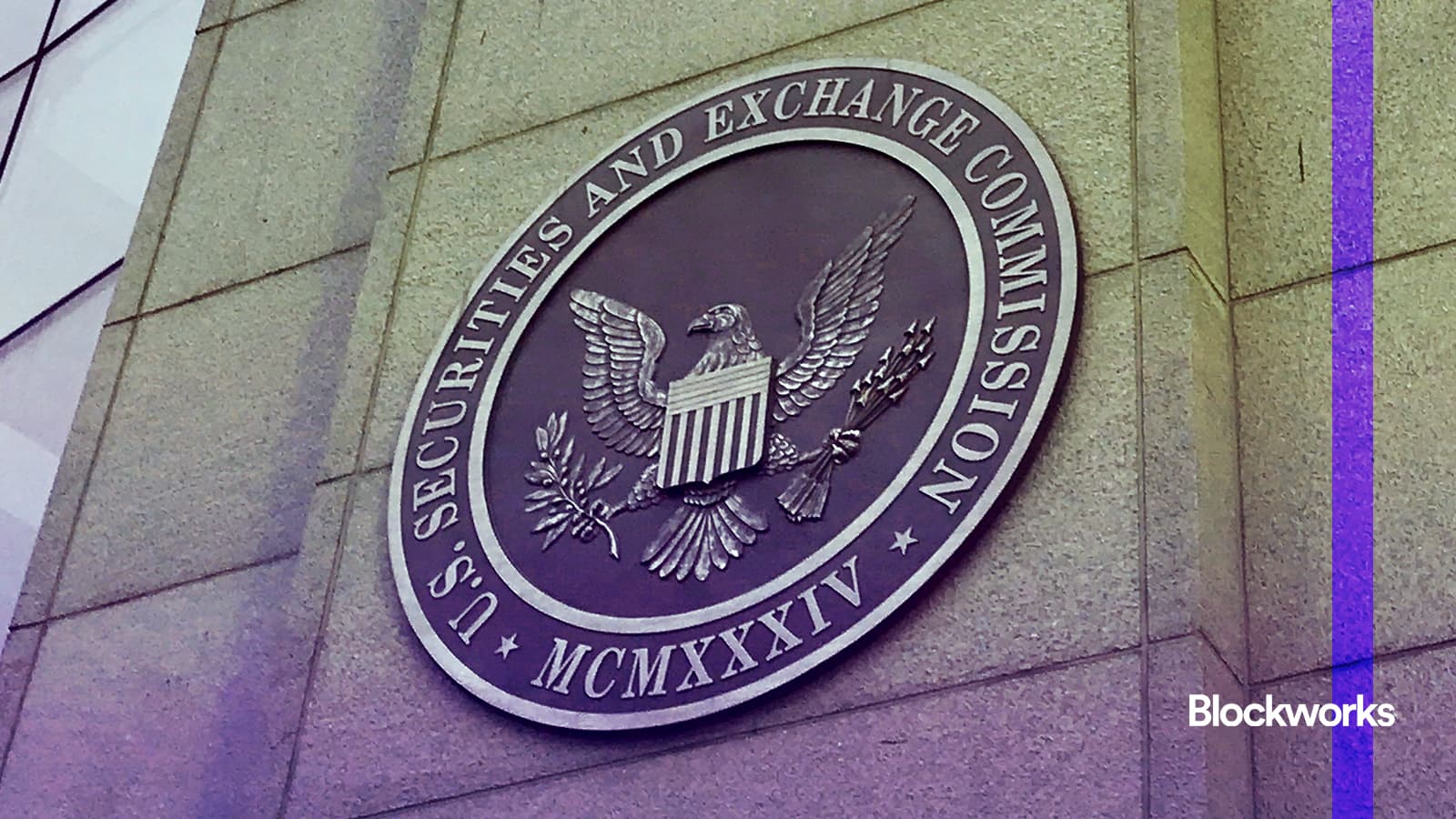The SEC is ‘paving the way for growth’ in crypto
The SEC’s newest statement on PoW mining adds further clarity, though a commissioner points out its limits

DCStockPhotography/Shutterstock modified by Blockworks
This is a segment from the Empire newsletter. To read full editions, subscribe.
The SEC has spoken: Certain mining activities — specifically proof-of-work mining, a key element of bitcoin — don’t fall under US securities rules.
“It is the Division’s view that participants in Mining Activities do not need to register transactions with the Commission under the Securities Act or fall within one of the Securities Act’s exemptions from registration in connection with these Mining Activities,” the SEC said in a statement yesterday.
The prevailing sentiment about the news: hooray for clarity!
“This announcement is another indication that the SEC intends to provide regulatory clarity regarding crypto assets,” Pillsbury’s Daniel Budofsky said.
However, Commissioner Caroline Crenshaw (the only Democratic commissioner) was not too pleased by her agency’s statement.
Her critique is that the statement sounds nice, but she’s cautious that some people might read too much into it and assume that they’re in the clear if there is a way for the Howey test to be successfully applied to their operation.
“The statement leaves us exactly where we started: with a facts-and-circumstances application of Howey. For the sake of investors, other market participants, and the markets themselves, I hope that readers do not mistake it for something more than it is,” she noted.
While I get her caution — crypto loves to jump to conclusions before talking to a real lawyer — the SEC’s statement seems to give enough clarity on what actually doesn’t stand up to the Howey test.
“By stating that proof-of-work mining activities (including solo and pool mining) are not securities transactions, the SEC is paving the way for growth in this segment of the crypto industry. What is particularly interesting is how the SEC has framed this under the Howey test, showing that they have not fully abandoned their traditional framework for evaluating when digital assets constitute securities,” Budofsky told me.
The big takeaway — nitty-gritty details aside — is that we continue to get much-needed clarity.
Pair that with the potential passing of crypto-specific legislation in Congress by August and it’s hard to keep the bullish attitude at bay.
Get the news in your inbox. Explore Blockworks newsletters:
- The Breakdown: Decoding crypto and the markets. Daily.
- 0xResearch: Alpha in your inbox. Think like an analyst.






